
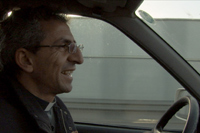
Screening date : 07/12/2011 -- 20h30
Blagues à part/ (No) Laughing Matter
During 4 years, Vanessa Rousselot travelled the roads of the West Bank looking for that most human of qualities, humour. Her method was simple: she asked every new person she met, "Do you know a Palestinian joke?"
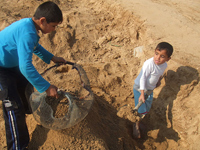
Screening date : 09/12/2011 -- 18h00
The Breaker
The Breaker talks about the reality of life in Gaza, the everyday suffering and challenges since the blockade. Building material is not allowed to enter Gaza so young children leave school, and work hard at breaking up stones from abandoned colonies in order to recycle the materials into new constructions.
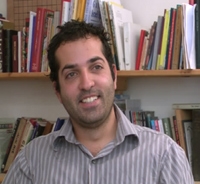
Screening date : 08/12/2011 -- 20h00
Breaking the Silence
15 Israeli former male and female soldiers provide testimonies of their service in the Occupied Palestinian Territories with their identities revealed. Their unmasked testimonies serve as a powerful and unprecedented means of exposing how the occupation is enforced on a day-to-day level and how its corrosive effects erode the human rights of the Palestinian population and the moral standards of Israeli society. By giving up their anonymity, the testifiers have made their voices much harder to ignore or discredit.
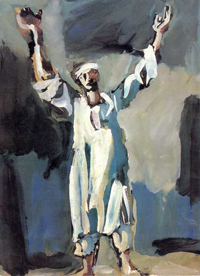
Screening date : 01/12/2011 -- 20h30
Chantier cinématographique au Caire de la révolution
Au Caire de la Révolution is a work in progress. Samir Abdallah, an Egyptian filmmaker, grew up in exile in France throughout the decades of the dictatorship. He went back to Egypt on the eve of Mubarak's fall, and filmed his discovery of the country, its people, its revolution, that which his father, the painter Hamed Abdallah, had painted so often in his works.
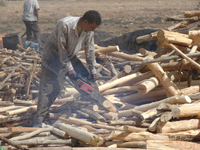
Screening date : 03/12/2011 -- 20h30
Charcoal and Ashes
The film presents the destruction of Iraq's natural environment as trees are felled for coal. The film also reflects on the Iraqi economy and people's reasons for cutting trees – to escape poverty.

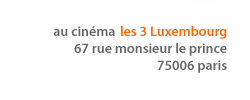
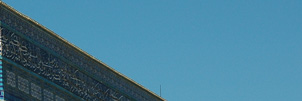



 page created by mayoco: manage your content
page created by mayoco: manage your content